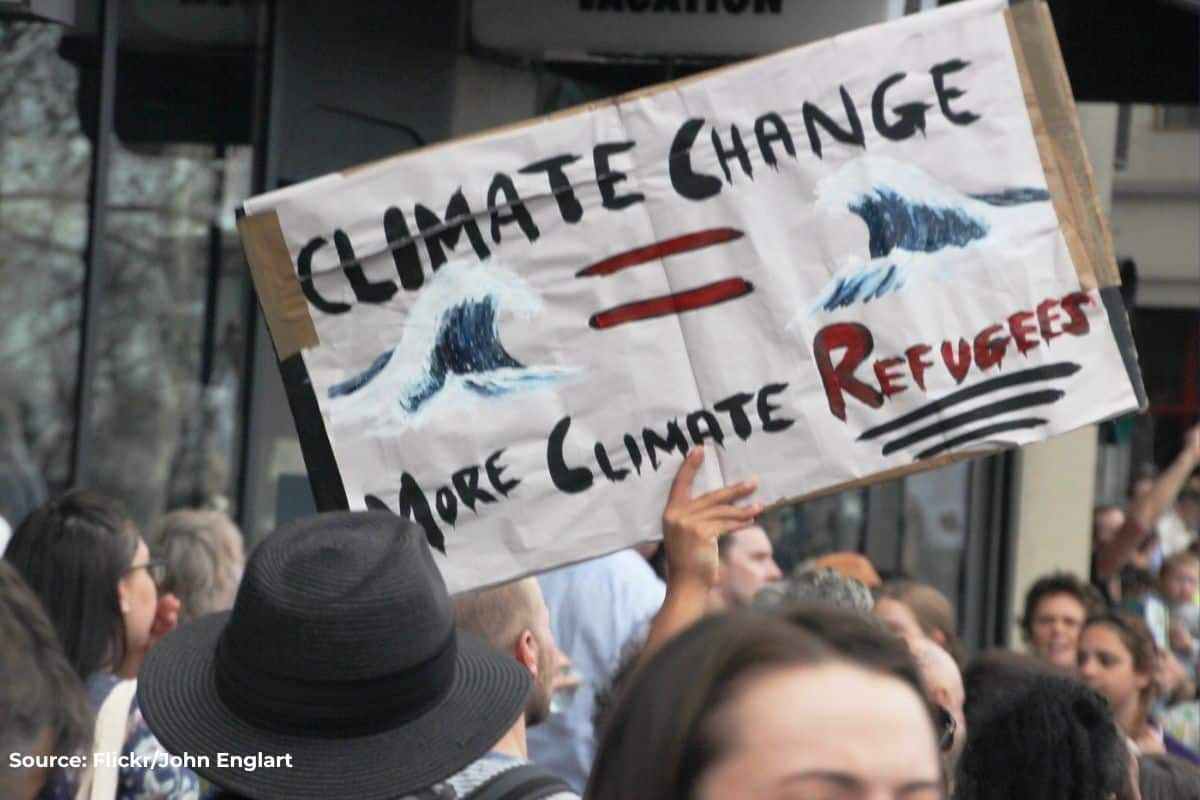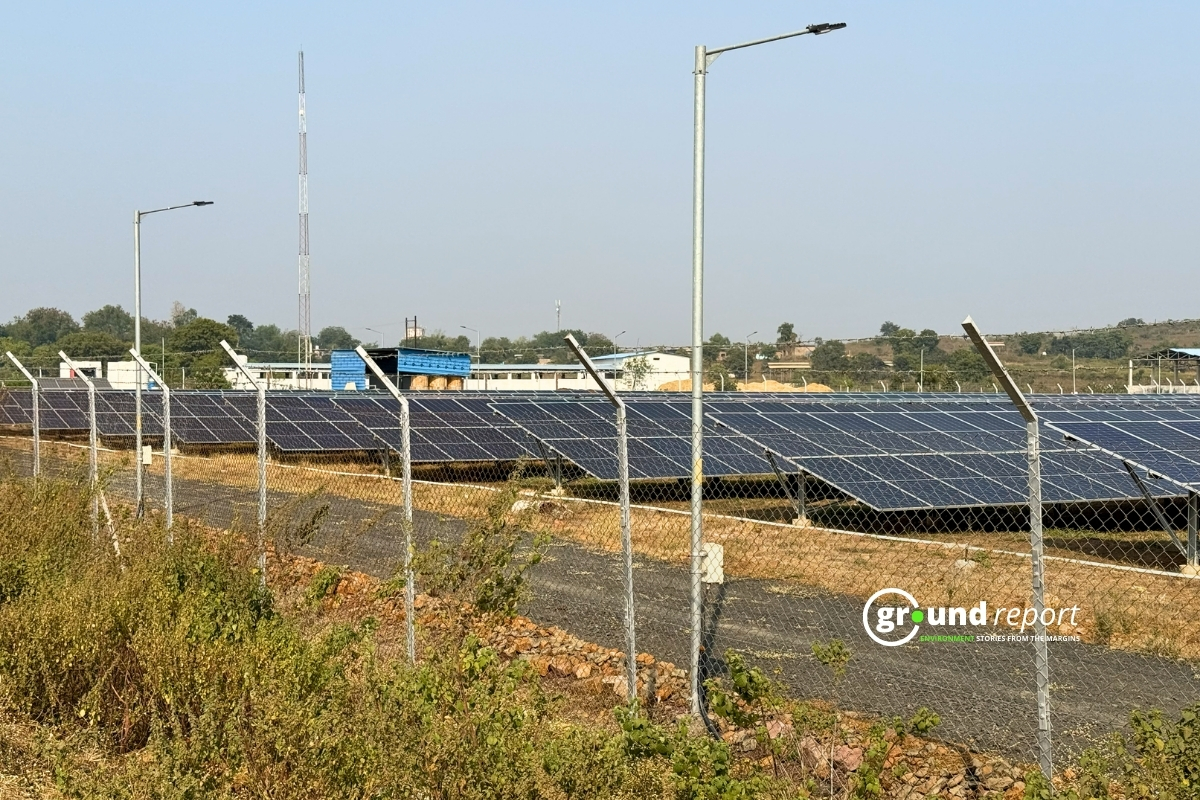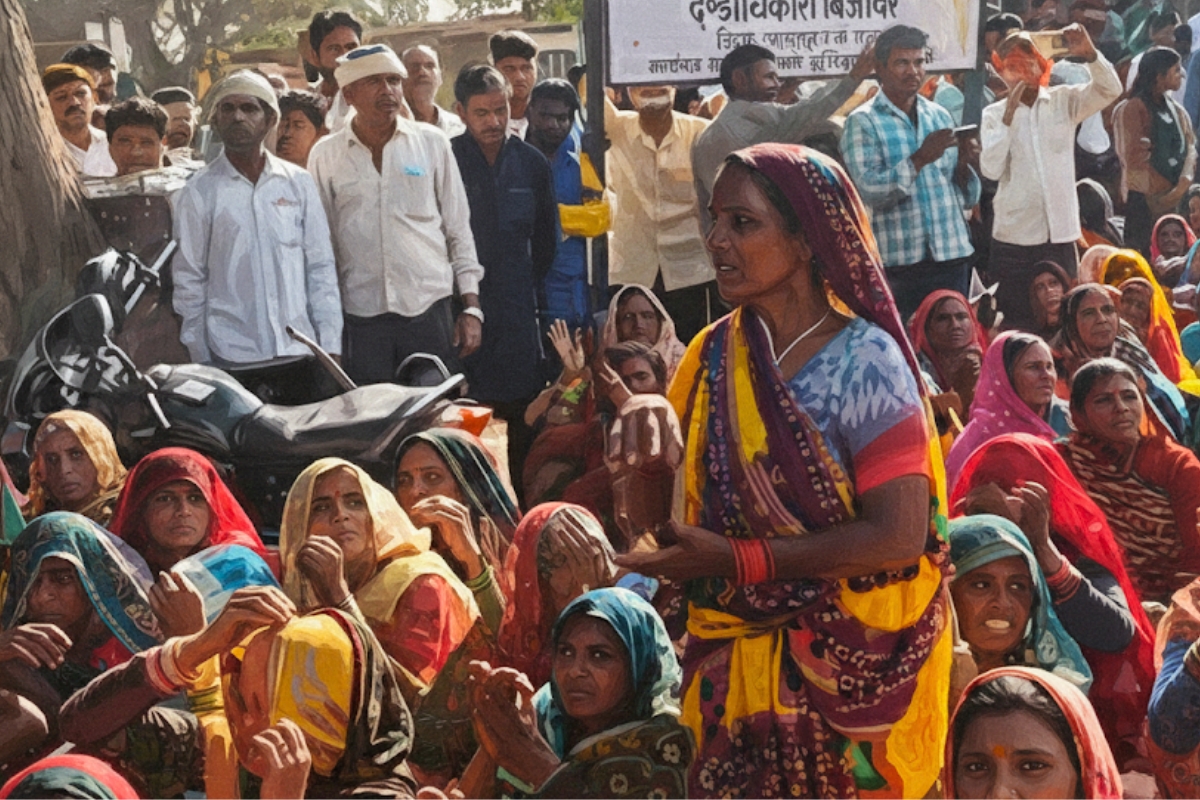The International Monetary Fund’s report concludes that climate change, for example, an increase in temperature, has the potential to make life much more difficult in countries considered “fragile states” and already affected by conflict, than in other parts of the world. The vast majority of these fragile states are in Africa. Only Venezuela and Haiti are included as the most vulnerable in America.
Fragile states face poverty, inequality
Other countries experience lower per capita income and growth rates, higher poverty and malnutrition, and higher inequality compared to fragile states. In fact, 43% of the world’s poor, who live on less than $2.15, reside in fragile states.
In addition, they have active important social and political conflicts. These countries, home to about 1 billion people, will suffer “disproportionately from climate change, including because of their geographic location and dependence on agriculture,” the IMF report says.
In fact, he adds, they have already begun to fall victim to it: since the 1980s they have faced extreme weather events one year in four, with little time to recover before a new one occurs.
For the decades 2040-2059, the median for fragile states will face 61 days a year of temperatures above 35 degrees Celsius, compared to just 15 days for other countries in a high emissions scenario.
Climate change will also hit the former the hardest due to over-reliance on weather-dependent sectors (e.g. agriculture), precariousness of urban infrastructure (including due to populations pushed into areas prone to flooding and landslides ) and limited access to drinking water and sanitation.
Therefore, GDP losses due to climate crises are more severe and persistent in fragile states than in other countries. In the short term, they experience around 4% cumulative GDP losses after three years of a disruptive extreme weather event, while other countries see about 1%.
Drought worsens income disparity, advancement
The report notes that worsening drought conditions have a larger and more persistent impact on these countries in the long term, meaning other countries would leave them further and further behind as their incomes fall.
Worsening drought conditions would reduce real GDP per capita growth each year by 0.2 percentage points in a low-emissions scenario and 0.4 percentage points in a high-emissions scenario. By 2060, the high emissions scenario would lead to a 5% lower real GDP per capita in these states compared to the low emissions scenario. Drought would further increase hunger.
The report says that a confluence of lower food production and higher prices in a high emissions scenario would push 2 percentage points more of the population of fragile states, more than 50 million people, into hunger by 2060.
The IMF notes that climate crises could also significantly worsen conflicts, aggravating fragility. While climate crises may not trigger the start of new conflicts (as conflicts arise from a complex range of factors), climate crises exacerbate the intensity of conflict where it already exists.
The Fund’s estimates indicate that, in a high-emissions scenario, and other things being equal, conflict deaths as a proportion of the population for a median of fragile countries could increase by 8.5% by 2060, and countries facing extreme temperature rise could experience an increase of up to 14%.
Support us to keep independent environmental journalism alive in India.
Keep Reading
Part 1: Cloudburst in Ganderbal’s Padabal village & unfulfilled promises
India braces for intense 2024 monsoon amid recent deadly weather trends
Follow Ground Report on X, Instagram and Facebook for environmental and underreported stories from the margins. Give us feedback on our email id greport2018@gmail.com.
Don’t forget to Subscribe to our weekly newsletter, Join our community on WhatsApp, and Follow our YouTube Channel for video stories.









